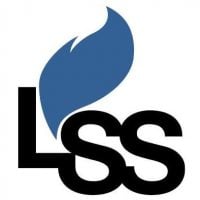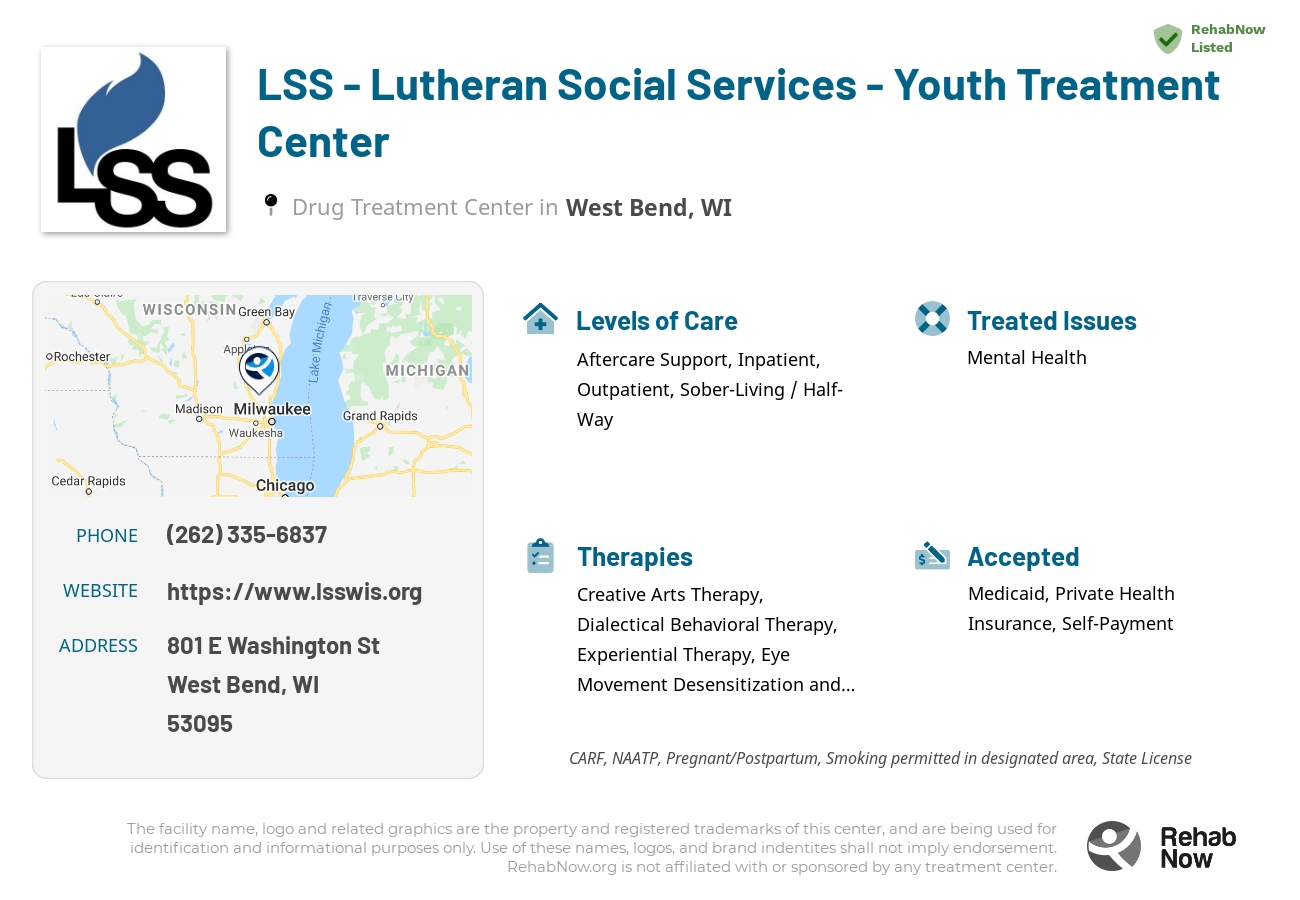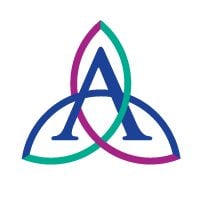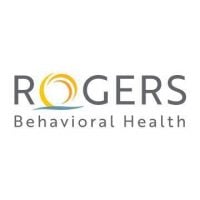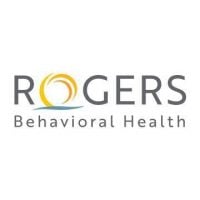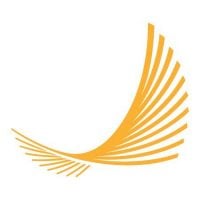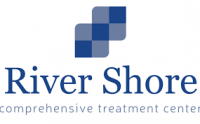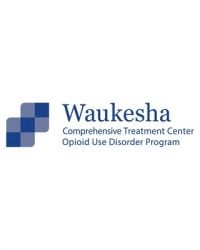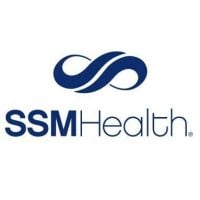LSS - Lutheran Social Services - Youth Treatment Center
Drug Rehab Center in West Bend, Wisconsin
Lutheran Social Services - Youth Treatment Center in West Bend, Wisconsin provides tailored mental health treatment services for youth of all ages, utilizing a range of therapeutic options such as DBT, EMDR, and CBT.
About LSS - Lutheran Social Services - Youth Treatment Center in Wisconsin
Lutheran Social Services (LSS) - Youth Treatment Center, based in West Bend, Wisconsin, focuses on providing residential services to children and youth in Washington County. It stands out for its comprehensive care approach, offering a safe environment and individualized treatment plans that respect the unique backgrounds of its residents. The center is dedicated to removing barriers to recovery for young individuals struggling with addiction, emphasizing compassionate care and support.
- Individualized Care: Residents receive personal attention, including individual therapy, group sessions, and family therapy, tailored to their specific needs.
- Educational Support: The center includes an alternative school for residents, ensuring that education continues alongside treatment.
- Comprehensive Treatment Options: A variety of therapeutic methods are employed, including Creative Arts Therapy and Dialectical Behavioral Therapy, to address a wide range of mental health issues.
Lutheran Social Services - Youth Treatment Center is recognized for its quality care, holding a State License and CARF accreditation. This facility accepts private health insurance, making its services accessible to more families. The staff's commitment to flexible and responsive service ensures that each resident's recovery journey is supported by a holistic and comprehensive treatment plan.
The center treats a variety of addictions and issues, focusing on creating a tailored recovery plan for each youth. Treatment methods include Experiential Therapy, EMDR, and Motivational Interviewing, among others, offering multiple levels of care from inpatient to outpatient treatment, ensuring a pathway to recovery that suits each individual's needs.
Genders
Ages
Modality
Additional
Conditions and Issues Treated
Levels of Care Offered
This center offers a variety of custom treatment tailored to individual recovery. Currently available are Aftercare Support, Inpatient, Outpatient, Residential, Sober-Living / Half-Way, with additional therapies available as listed below.
Inpatient treatment for alcoholism or drug addiction is an option that provides the addict with a supportive environment in which they can stop using. This type of treatment is appropriate for addicts that are most in need of intensive care and supervision. This includes those who were unable to quit on their own, those who need more structure than they can get in outpatient treatment.
“Outpatient treatment is ideal for those who have a lower intensity addiction. It’s also suitable for those with a supportive environment and those on a tight budget.
Outpatient treatment can be considered the lowest intensity level of addiction treatment. It is ideal for early phase addiction or lower intensity addictions. It may involve weekly sessions instead of daily. Peer group support, 12-step programs, and individual counseling may still be used and anti-addiction medication.
Sober living homes are halfway houses where people can stay for a while and stabilize themselves—no drinking or drugging, paying rent/bills, etc. There is no minimum or maximum stay, but as long as you follow these simple guidelines, it’s an excellent chance to move forward into sobriety!
For many, this is a new beginning, a reset. The opportunity to establish new routines and healthy habits that will result in long-term sobriety is given to those who have lost everything due to addiction. It’s also common for people to move from one sober living home to another, each step closer to a drug and alcohol-free life.
Residential treatment programs are those that offer housing and meals in addition to substance abuse treatment. Rehab facilities that offer residential treatment allow patients to focus solely on recovery, in an environment totally separate from their lives. Some rehab centers specialize in short-term residential treatment (a few days to a week or two), while others solely provide treatment on a long-term basis (several weeks to months). Some offer both, and tailor treatment to the patient’s individual requirements.
Aftercare support is vital to those who have completed a drug or alcohol treatment program. This support comes in individual and family counseling, treatment of psychiatric and other medical conditions, and medications to reduce cravings. It helps recovering addicts adjust to normal day-to-day activities and can last for a year or longer.
The majority of drug and alcohol addicts who receive aftercare treatment do not relapse. It is estimated that without aftercare, the relapse rate will be between 70 to 90 percent for most people. Aftercare is the final stage in addiction recovery, but it will also help maintain sobriety if relapse does occur.
Therapies & Programs
No single treatment works for all addicts; therefore, the goal of treatment and therapy should be to find what works best for each individual. Some people requiring addiction treatment may only need a few weeks of inpatient care. Others will require long-term residential care. Tolerance and withdrawal levels vary from person to person and thus affect the intensity of the treatment needed.
If an individualized approach to treatment and therapy is not offered, addicts may fail to reap benefits from their efforts. Professionals must customize plans according to their patient’s needs, limitations, and strengths. The goal of all forms of addiction treatment should be for addicts to find healthy ways to cope with their addiction and its underlying causes.
The therapies usually include siblings, children, and parents who are involved in their daily lives. These sessions are vital because they address past issues that may have hampered an addict’s or alcoholic’s recovery and provide support at a crucial time!
One of the most critical aspects of family therapy is helping addicts’ loved ones see their situation in a new light. It’s also one of the most challenging things a family can do when a loved one struggles with addiction or alcoholism.
Group therapy is held in a safe, controlled setting where patients can feel comfortable sharing their struggles and gaining perspective through shared conversations. It takes place in a group rather than one on one to prevent feelings of isolation or being unique in their situation while creating an environment for addicts at LSS - Lutheran Social Services - Youth Treatment Center to develop fellowship, accountability, and support. Group therapy is an important tool in recovery that prevents cravings that prompt a return to active addiction.
This type of therapy involves the use of a variety of therapeutic techniques to help addicts recover from past traumas that might have triggered their substance abuse. During these sessions, therapists will work with the addict to address painful memories and learn how to cope effectively with stressors as they arise.
During these types of sessions, therapists will typically focus on three main goals:
- Identifying and expressing painful emotions associated with past traumas.
- Reducing the effects of stress on an addict’s life by developing more effective coping mechanisms.
- Developing healthy ways of thinking about stressful situations that can help addicts avoid substance abuse issues in the future.
This type of therapy is typically used in conjunction with other types of addiction treatment services. By identifying and dealing with the root cause of addiction, most addicts can overcome their cravings and prevent relapse once they leave rehab.
Many different types of addiction treatment services exist to help addicts safely get sober, but it’s important for recovering individuals to find a therapist or support group that will help them address the root cause of their addiction.
Dialectical Behavior Therapy is a form of Cognitive Behavioral Therapy that helps patients understand the relationship between their thoughts, feelings, and behaviors. It is beneficial for those whose addictions and behaviors stem from severe mental health issues. It aims to help the patient achieve their goals and identify how they can enhance their lives.
Cognitive-behavioral therapy is a talking-based method that helps people struggling with addiction replace destructive behaviors with healthier ones. CBT also helps them identify the underlying thoughts and beliefs that cause these behaviors in the first place and ways to control those thoughts and feelings. It can be administered as a holistic therapy or as part of combination therapy and—as opposed to turning to drugs and alcohol—helps addicts learn how to respond to negative thoughts instead.
Eye Movement Desensitization and Reprocessing (EMDR) is a fairly new treatment modality used with patients diagnosed as suffering from post-traumatic stress disorder (PTSD) or drug and alcohol cravings.
EMDR is considered to be a form of cognitive-behavioral therapy (CBT) and exposure therapy. CBT is a technique used to help individuals replace maladaptive, symptomatic behaviors with more appropriate ones utilizing cognitive, emotional, or behavioral interventions. Exposure therapy is a type of CBT used to treat anxiety disorder individuals by gradually introducing the patient to the feared object, activity, or situation in a safe and controlled environment.
EMDR therapy is a form of exposure therapy that combines CBT with other approaches such as psychodynamic and interpersonal. It is believed to help patients reprocess their memories, thoughts, and emotions to heal from the trauma of their experience. The goal is to help patients lead more normal lives by reducing the distress that has been associated with the memories of an event through the use of CBT techniques.
Life skills training is beneficial for addicts in recovery because it helps them learn how to take care of themselves and improve their quality of life, which can promote feelings of purpose and motivation.
This type of treatment works by teaching individuals life-enhancing skills that support positive living, including:
- Healthy lifestyle habits
- Skills to effectively manage stress
- Effective communication skills to help them get their needs met without turning to drugs or alcohol
- Money management and budgeting skills so they can continue to take care of themselves after treatment ends.
When you leave a healthy lifestyle behind to live as an addict, your body becomes unbalanced. Nutritional deficiencies gradually creep in, and before you know it, you’re facing severe health problems. For people who are trying to kick their drug addiction, nutrition therapy at LSS - Lutheran Social Services - Youth Treatment Center is a great tool. It helps restore balance to the body, and for many addicts, it represents the first step on the road to recovery.
Nicotine replacement therapy is a way for people to get the nicotine they are addicted to without having to smoke cigarettes. There are several different types of devices that have been approved for NRT. Studies have shown that all NRTs work better than placebo (fake treatment). NRT helps smokers get nicotine into their system without resorting to smoking and experiencing aggressive withdrawal symptoms. Coupling NRT with counseling and other means of support gives long-term smokers a better chance of removing their unhealthy habit.
Patient Experience
Creative Arts
Creative arts therapy is a form of expressive therapy that uses painting, music, poetry, and other creative means to help those battling addiction. It is beneficial for patients to release negative feelings and emotions and explore how their thoughts and emotions play out through the creative process. LSS - Lutheran Social Services - Youth Treatment Center in West Bend, WI, offers creative art therapy to help patients cope with addiction and its after-effects.
Experiential Therapy at LSS - Lutheran Social Services - Youth Treatment Center
Experiential Therapy is used by drug treatment facilities to treat substance abuse. This treatment is clinically proven to help addicts in detoxification by allowing them to release emotions in a safe environment. The treatment process involves addicts painting their feelings and releasing them on a canvas.
One of the most popular forms of experiential therapy is known as LPE – Love, Peace, and Equilibrium. Amy Gumowitz developed this treatment in 1992. By implementing her philosophy of “reality therapy” into the treatment, Gumowitz’s results were outstanding. Once her success was validated by those she had been helping, she decided to open her treatment center. Although Gumowitz passed away in 2007, her contribution to the addiction recovery remains effective, and better yet, it is 100% self-sufficient.
Payment Options Accepted
For specific insurance or payment methods please contact us.
Is your insurance accepted?
Ask an expert, call (888) 674-0062
Lutheran Social Services – WI Associated Centers
Discover treatment facilities under the same provider.
- LSS - Lutheran Social Services - Exodus House in Hudson, WI
- LSS - Lutheran Social Services - Community Transition Center in Eau Claire, WI
- LSS - Lutheran Social Services - Dodge County Group Home in Beaver Dam, WI
- Lutheran Social Services - Eau Claire in Eau Claire, WI
- LSS - Lutheran Social Services - Wazee House in Black River Falls, WI
Learn More About Lutheran Social Services – WI Centers
Additional Details
Specifics, location, and helpful extra information.
West Bend, Wisconsin 53095 Phone Number(262) 335-6837 Meta DetailsUpdated April 15, 2024
Staff Verified
LSS - Lutheran Social Services - Youth Treatment Center Patient Reviews
There are no reviews yet. Be the first one to write one.
West Bend, Wisconsin Addiction Information
Wisconsin has some of the highest rates in the United States for both adolescent and adult substance abuse. Since 2009, the state has been experiencing the same escalating rates of drug abuse and addiction as the rest of the country. The major concerns are the misuse of prescription painkillers and the escalating number of deaths due to alcohol-related liver disease.
In West Bend, Wisconsin, over 2,400 people struggle with substance abuse every day. Opioids were involved in 59% of overdose deaths in the city in 2016. Drug addiction and abuse can lead to crime, violence, and other problems that can harm the community. It is important for the community in West Bend, Wisconsin, to be aware of the problem of drug addiction and abuse and take steps to address it.
Treatment in Nearby Cities
- Stoughton, WI (63.6 mi.)
- Jefferson, WI (43.4 mi.)
- Neillsville, WI (144.0 mi.)
- Menomonee Falls, WI (17.3 mi.)
- Chippewa Falls, WI (191.0 mi.)
Centers near LSS - Lutheran Social Services - Youth Treatment Center
The facility name, logo and brand are the property and registered trademarks of LSS - Lutheran Social Services - Youth Treatment Center, and are being used for identification and informational purposes only. Use of these names, logos and brands shall not imply endorsement. RehabNow.org is not affiliated with or sponsored by LSS - Lutheran Social Services - Youth Treatment Center.
